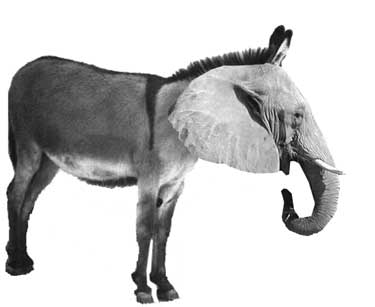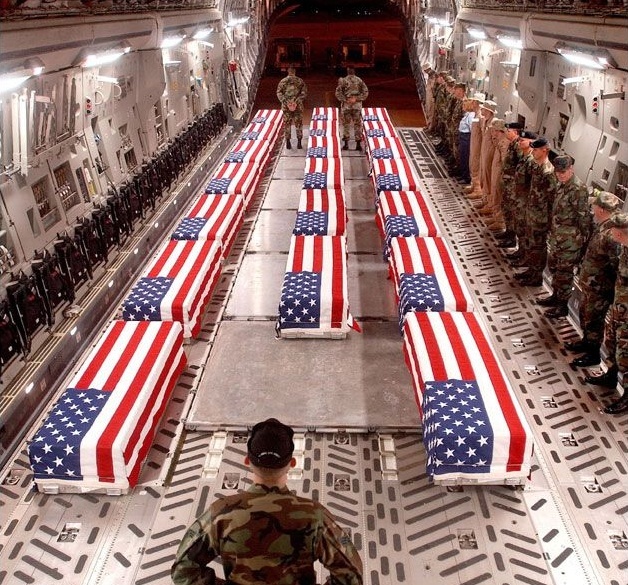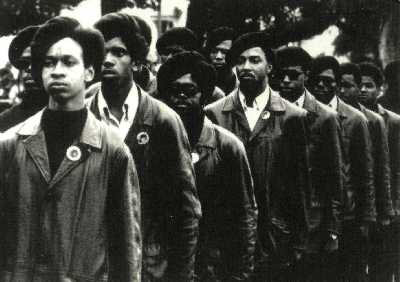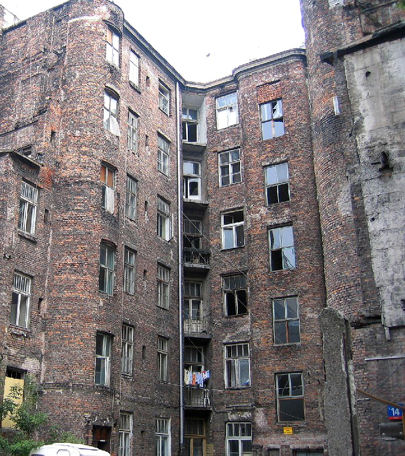The "I's" in Activism: A Chat with Nate C (Part 3)
Hola amigos.
For this latest episode of Insomnia we are revisiting our discussion about anarchism, activism, revolution, evolution and possible solutions with Nate C. Nate
was a great addition to Nashville's activist community before relocating to the West. Our discussion began as a dialog about the unrest in Greece following the police shooting of a young boy last December. It has since evolved into an ongoing, wide-ranging discussion. Catch up by clicking through the "nate c" label at the bottom of this post.
And now, back to it...

JN: We had been discussing ways in which to disengage from the political system, the economic system, the cultural system...It seems that resistance defines these obstacles even more clearly - and allows them to define us and our ideas! The notion we were working towards was that disengagement is preferable to opposition.
NC: First of all, don't vote. Do you remember that game where one person takes something from you and tosses it back and forth with another person over your head to watch you squirm? You try to run to each person to take your thing back, but as soon as you catch up to them, they throw it and you're sent scampering after the other person. The only way to win that game is to stop. You are over-matched. Now imagine the Republicans on one side of the playground, the Democrats on the other, and the American people in the middle. They have stolen our freedom, liberty, money, land, and time and have proceeded to toss them back and forth over our heads, watching us frantically bounce from one party to the other in hopes that one will be better than the other. Just stop playing. Every government we have put in place, especially during the last century, has been guilty of unmentionable atrocities. Every congressman has voted for something embarrassing and deplorable. We are also coming to a point where the accountability of our politicians is non-existent because we're left to choose between vomiting or diarrhea.
JN: Graphic, but apt! This is something many readers of this illuminated manuscript may be very tuned into, but it is also one of the central lies that spellbinds the society at large. I can turn on the TV or the radio at any point in the next 24 hours and I can hear people arguing for and against the virtues of the Democrats or the values of the Republicans, but the truth is that both parties are beholden to the same corporate "citizens" and both parties have an interest in maintaining their mutual control despite the corrosive effect it has on something that could resemble real democracy. Of course, we even PAY for this circus to continue.

NC: Paying as little tax as possible is another way not to play. I've yet to pay any income tax, because I have always made less than the limit. When the refund check comes, it goes into printing or buying new zines, printing posters, or the ABC bail fund. The government grows in proportion to our greed. You can choose vocations that provide "under the table" pay, such as work in carpentry, plumbing, drywall, electrical, selling handmade goods or produce, fixing junk and selling it, flipping cars or motorcycles, becoming highly skilled and bartering when possible, or other such endeavors.
JN: Now you are beginning to pick at the nerve. Of course, the whole wheel spins on production and consumption. This requires ever-expanding markets. Setting aside the fact of limited resources for the time being, your solutions fly in the face of the marketing and advertising industries who are in the business of producing desire where their is none, need in the midst of excess and a system of FASCIon that creates demand based on planned obsolescence. We also find that people who refuse to excessively buy and produce automatically find themselves at odds with the mainstream, if only because mainstream, bourgeois behavior almost always guarantees subservience. We've all seen our conscientious, if not radical friends, marry, have children, buy homes and suddenly have an abrupt change in values. Instead of becoming MORE cooperative, MORE communal and MORE determined to live outside the mainstream, there is renewed pressure for re-integration. This just adds to the cut-off, fearful, love-lost existence that has become de rigueur in the US: Call the cops when your neighbor's music is too loud and then worry if they know it was you.

NC: Don't call the police. Buy a pistol, permit it if you plan to carry it, and learn how to use it to defend yourself and those around you. Less calls make it harder to justify increasing the police force. Know your neighbors, and have enough of a rapport that you can go knock on their door when they're making too much noise. Be involved in your community enough to take a man aside who's abusing his wife and let him know it won't be tolerated. Grow some balls and fight your own battles.
JN: Ha. Amen. But it's easier said than done for most of us. Most of us are stuck in this false game. I just saw the 1963 omnibus film RO.GO.PA.G. The title is an acronym made from the director's last names: Rosellini, Godard, Pasolini, and Uga Gregoretti. Gregoretti's segment dealt specifically with consumerism and the way it shapes us from cradle to grave. It was both very funny and really sad.

NC: Drop out of the consumerist game. Fix stuff, pick stuff out of the trash, give things away, share your work and teach your skills, share your tools and borrow others'. Pay cash, use money orders, and avoid banks. Buying used or directly from producers, you avoid sales tax and support a local economy, rather than multi-national corporate economies. Can and dry your own food and buy in bulk. Split a large house with people you get along with. Rather that going to bars, invite people over and share your new batch of home-brewed beer or wine. Rather than restaurants, have a potluck and someone's house a few nights a week. Host movie Netflix nights, rather than going to the movies. Ride your bike or walk instead of putting wear on publicly-funded roads with your car or buying gas to make it run. Maybe open a community space, but only if you like headaches.
JN: Ha. Amen, again. These suggestions remind me of Hakim Bey's notions that even a simple dinner party can have revolutionary consequences when we are willing to leave behind mediated entertainment and consumption - along with our social masks - in favor of real, human fellowship. It may sound corny, but we need to make room in our lives to love one another. How can there be real change where there is no love? And in the face of a wild, irrational love, what guard can stand its ground?

NC: Through these strategies, we can create a separate, parallel society that pushes our values, rather than supporting the status quo. We don't fight capitalism on its own turf. When it comes to riot gear, cities, asphalt, tazers, tear gas, and clubs they're the home team, and all their fans are there to cheer them on. Our home court advantage comes into play when we are in situations to be resourceful, loving, open, and persistent. When governments try to be resourceful, they take our tax dollars and fund a study to determine what kind of bureaucracy is required to solve their problem. When they try to be open, our FOIA requests are denied half the time, and the other half, they're full of black marker. I'm still waiting to see the government show love.
JN: Again, this kind of talk brings me back to Guevara's Guerilla Warfare, or even accounts I have read of America's Revolutionary War.
NC: From another perspective, take Carlos Marghiella's The Mini-Manual of the Urban Guerrilla, in which he mentions the basics of guerrilla warfare. He suggests never to attack an enemy at their strongest point. Hang back and wait for your opportunity. You'll see the same thing in the Art of War. At protests, like this September's G20, the government is at its very strongest. Why would you wage an attack then? We waste bail money, show our asses, smash up a lot of windows of well-meaning small businesses, shut traffic down, and allow the entire Anarchist movement to be associated with juvenile, crimethinc-style violence by the media. How do you actually win that battle? Would victory be the G20 moving to a different location or happening in private, or on an island and leaving Pittsburgh in ruins (again)?

JN: Amen...
Use this player to listen to my new CD. Purchase a song or two at your favorite digital outlet and help us stay awake here at Insomnia!
Find the archives to my Sleepless Film Festival, and more at my You Tube channel: Imagicon
Listen to my earlier releases, and enjoy free downloads here!
Please consider supporting this site by making a PayPal donation and check out our friends using the links on the right.
Love,
Joe Nolan

















